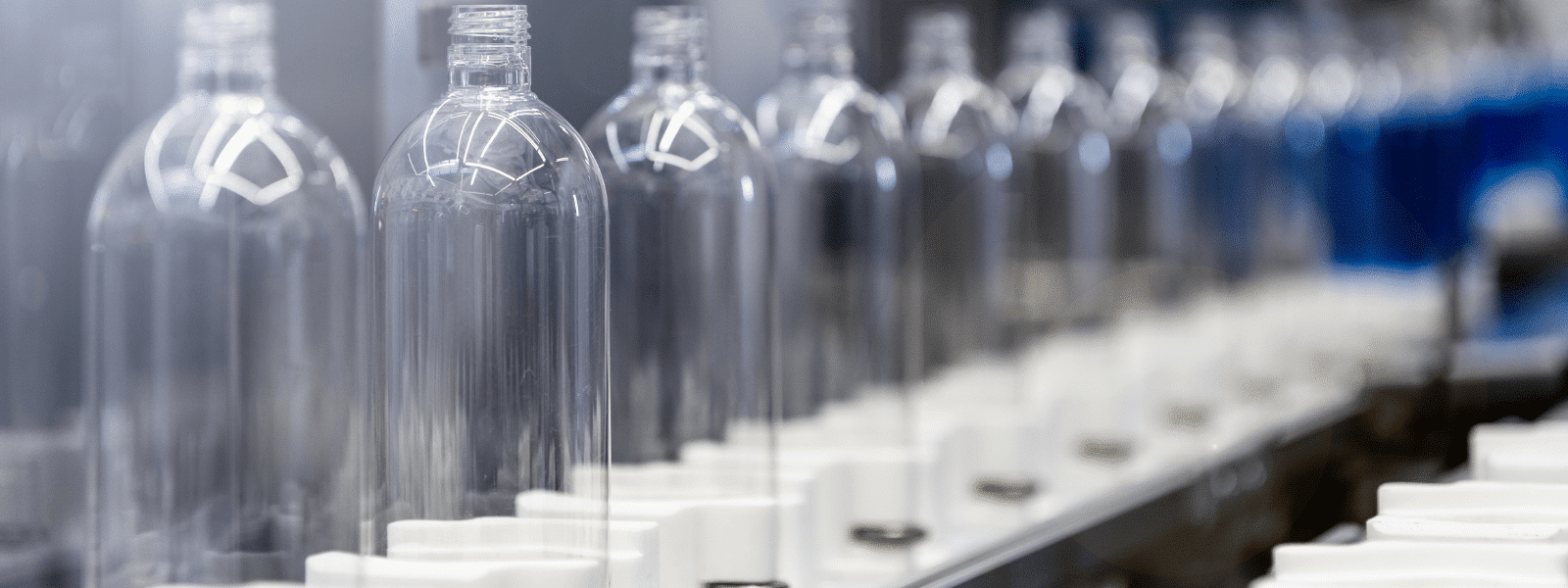Though benzene is commonly used by many industries, it is considered hazardous to humans and particularly harmful to the environment. Luckily, there are several eco-friendly substitutes for benzene on the market.
In this blog post, we’ll take a closer look at the risks associated with using benzene, and how you can find an environmentally conscious alternative to this harsh solvent.
Benzene & The Risks
Benzene is a controversial yet widely used hydrocarbon industrial solvent utilized for various applications, such as the production of plastics, resins, synthetic fibers, lubricants, dyes, and rubbers. It is also present in many paint removers, paint thinners, and detergents.
However, benzene is extremely toxic, and the list of risks associated with the chemical is particularly extensive:
- Carcinogen (can cause leukemia or various blood cancers)
- Can damage the immune system by changing antibody levels
- Can cause drowsiness or dizziness
- Highly flammable
- Serious skin, eye, and respiratory irritants
- Potential reproductive toxin
- Can potentially cause anemia (causes bone marrow to not produce enough red blood cells)
- Air pollutant
- Water contaminant
As an air pollutant, benzene can react with other volatile chemicals to produce smog, which has the potential to leak into rain and contaminate soil and water.
Are There Any Effective Eco-friendly Substitutes for Benzene?
Fortunately, for those searching for an alternative that effectively replaces benzene, there are various options for environmentally conscious solvents that do not compromise worker safety for quality:
- Acetone
- Ethanol
- Methanol
- 2-propanol
Not only are these options significantly safer for humans, but they are not classified as air pollutants and do not contribute to ozone depletion.
Acetone vs. Benzene
Acetone is the perfect example of a highly effective eco-friendly substitute for benzene because it possesses the same versatility as the chemical without contributing to environmental harm and toxicity.
There are multiple benefits of using acetone over benzene:
- Highly effective as an industrial and commercial solvent
- Used for similar applications as benzene, such as in paint removers, varnish removers, and thinners, for degreasing and cleaning.
- Not an air pollutant or volatile organic substance
- Inexpensive
- Low toxicity
- Water soluble
Ready to Make the Switch?
If you are looking to replace your outdated or hazardous solvents like benzene, you are in the perfect place! At Ecolink, we pride ourselves on providing environmentally preferred chemicals for various businesses and industries.
We also help companies find the best chemical products for their specific needs. Reach out to us today to receive a free quote and consultation!















